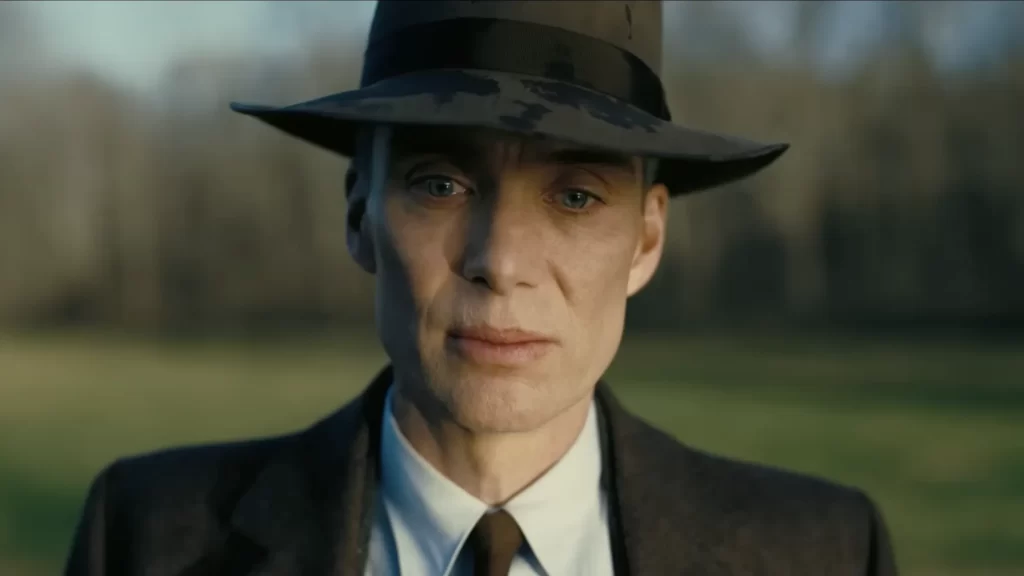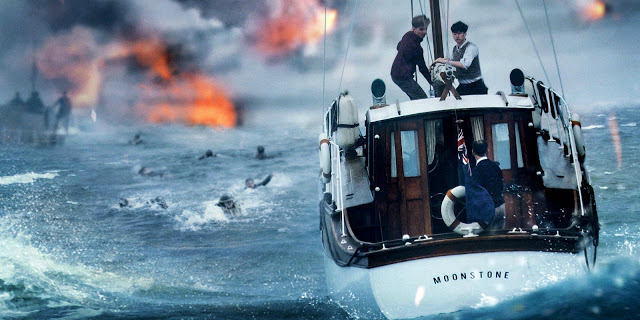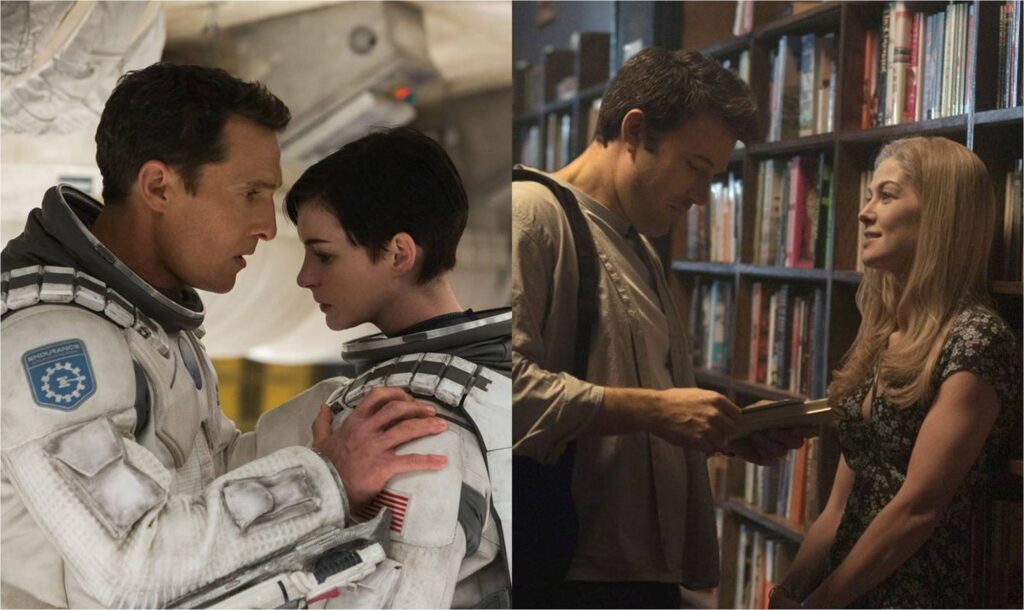Oppenheimer: The Bomb Before the Storm

Christopher Nolan doesn’t always make movies about the end of the world, but the worlds of his movies always feel like they’re about to end. Regardless of their focus—a memory-impaired man searching for meaning, a group of con artists invading the realm of dreams, a squad of soldiers marooned on a beach—their combustible tension creates the sense that their characters’ lives are on the perpetual verge of implosion. So it’s both fitting and perverse that Oppenheimer, Nolan’s study of the (mad?) scientist who developed the atomic bomb, is his least outwardly visceral picture in decades. The stakes here couldn’t possibly be higher—at various points, people discuss the possibility of “atmospheric ignition,” a chain reaction that would engulf the planet (the odds of this, we’re assured, are “near zero”)—yet they unfold in the context of a talky, intimate chamber drama. The apocalypse will be ushered in not by motorcycle chases or time paradoxes, but by stern looks and harsh words.
If you think that sounds gentle or staid, did I mention that this was a Chris Nolan movie? Unbound from his usual need to dazzle us with eye-popping set pieces and brain-scraping premises, cinema’s most enduring populist (OK, second-most) has channeled his commercial savvy into depicting a concept that’s disarmingly straightforward: men at work. Oppenheimer is a film of grave power and sweeping intensity, made all the more propulsive by Jennifer Lame’s exacting editing and Ludwig Göransson’s majestic score, but its energy is grounded in recognizable anxieties and human emotions. It’s the product of a science-fiction filmmaker pivoting to science-fact. Read More


